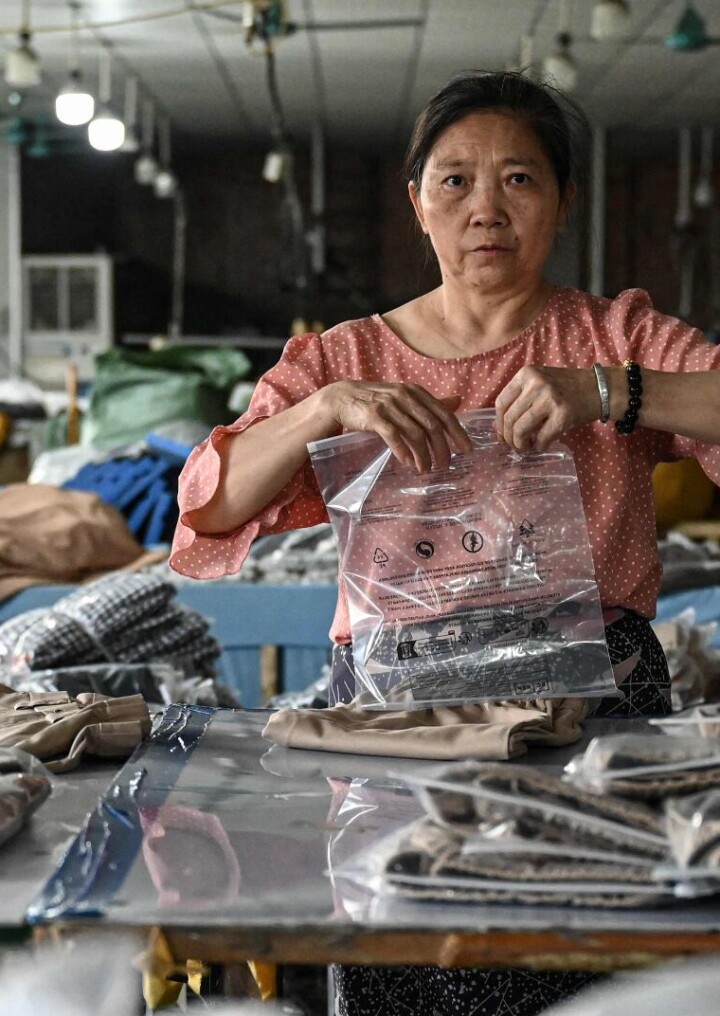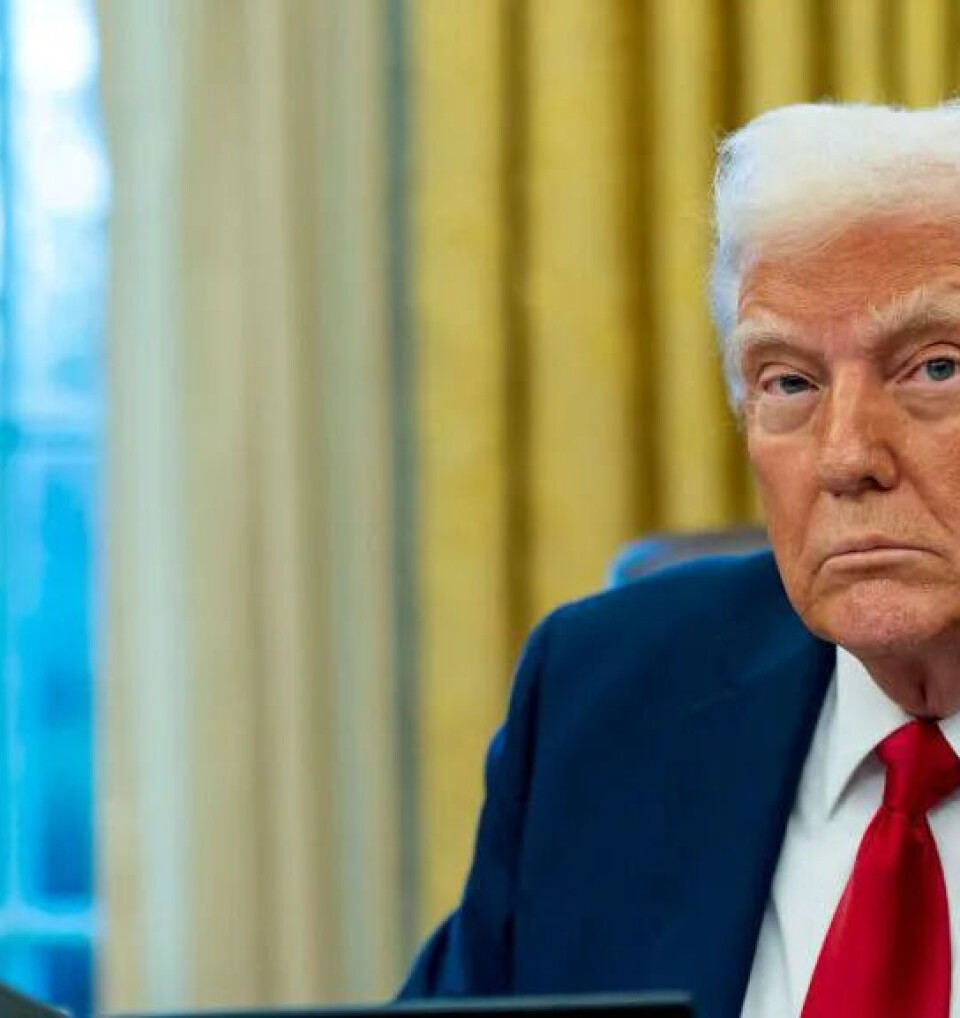
Temu Shifts Strategy Amid U.S. Trade Changes
Temu stops direct Chinese imports, shifts to local sellers as U.S. closes duty-free loophole.
Peter Hoskins & Charlotte EdwardsBusiness reporters. Temu has said it will stop selling goods imported from China in the US directly to customers from its platform.
The online marketplace said sales would now be handled by "locally based sellers", with orders fulfilled from within the country.
The move comes as a duty-free rule for low-value packages is closed.
Temu, and rival Chinese retail giant Shein, had previously relied on the so-called "de minimis" exemption to sell and ship low-value items directly to the US without having to pay duties or import taxes.
Temu said it had been actively recruiting US firms to join the platform.
"All sales in the US are now handled by locally based sellers, with orders fulfilled from within the country.
"The move is designed to help local merchants reach more customers and grow their businesses," it added.
Supporters of the de minimis loophole, which applied to parcels worth less than $800 (£600), argue it helped streamline the customs process.
But both Trump and his predecessor, Joe Biden, said it damaged American businesses and was used to smuggle illegal goods, including drugs.
What was the de minimis exemption?
De minimis is a Latin term, which loosely translates to English as "of the smallest".
In this context it refers to a US trade rule enacted by Congress in 1938 to avoid the expense of collecting only small amounts of import levies.
In the 21st Century, after a series of rises to the threshold, it allowed retailers to ship packages worth less than $800 to US customers without having to pay duties or taxes.
Shipments under the exemption accounted for more than 90% of all the cargo entering the US, according to the country's Customs and Border Patrol (CBP).
Growth of 'De Minimis' Shipments to the United States (2015-2024)
AdvertisementReuters
Chinese online retailers like Shein and Temu had benefited greatly from the loophole.
Both platforms attracted millions of US customers with marketing blitzes that showcased their ultra-low prices
And it was the de minimis exemption that helped them offer those deals so cheaply.
Shein did not immediately respond to BBC requests for comment.
Last month, in almost identical statements, Shein and Temu said they had seen operating expenses rise "due to recent changes in global trade rules and tariffs", adding they would make "price adjustments" from 25 April.
Advertisement
Why has Trump closed the loophole?
In February, Trump briefly closed the loophole.
The suspension was quickly paused as customs inspectors, delivery firms and online retailers struggled to adapt to such a major change at short notice.
During the initial suspension of the exemption the US Postal Service temporarily stopped accepting parcels from mainland China and Hong Kong.
The executive order announcing the latest move said it was aimed at tackling the illegal importation of synthetic opioids like fentanyl.
Manual table
| 200 OK | Page Views in million per month | Price per month |
| 5 | 1,3 | €0 |
| 15 | 3,8 | €1 133 |
| 30 | 7,7 | €2 266 |
| 60 | 15,4 | €3 400 |
It said many Chinese shippers use deceptive practices to hide illicit substances in low-value packages "to exploit the de minimis exemption".
"These drugs kill tens of thousands of Americans each year, including 75,000 deaths per year attributed to fentanyl alone," it added.
The idea is not new. Last year, the Biden administration proposed rules intended to stop "abuse" of the exemption.
"The growing volume of de minimis shipments makes it increasingly difficult to target and block illegal or unsafe shipments," it said.
The move is in line with Trump's policies of cracking down on goods from China.
Since returning to the White House in January, Trump has imposed taxes of up to 145% on Chinese imports. His administration said in April that when the new tariffs are added on to existing ones the levies on some Chinese goods could reach 245%.
The De Minimis Surge
Low-value shipments to the United States have exploded over the past decade, with the volume of "de minimis" packages growing more than tenfold since 2015. Data from US Customs and Border Protection shows these shipments increasing from approximately 0.1 billion in 2015 to a staggering 1.2 billion in 2024. The most dramatic growth occurred in recent years, with volumes doubling from about 0.7 billion in 2022 to approximately 1.2 billion by early 2024.
Experts at the National Bureau of Economic Research, who contributed to analyzing this trend, point to the significance of 2019 as a pivotal moment when volumes reached 0.5 billion packages annually. While a temporary plateau appeared around 2021-2022 when shipments hovered near 0.75 billion, this brief stabilization gave way to the current surge. The unprecedented growth raises questions about border security, tax revenue implications, and the changing nature of global e-commerce as more consumers purchase directly from international sellers.
























